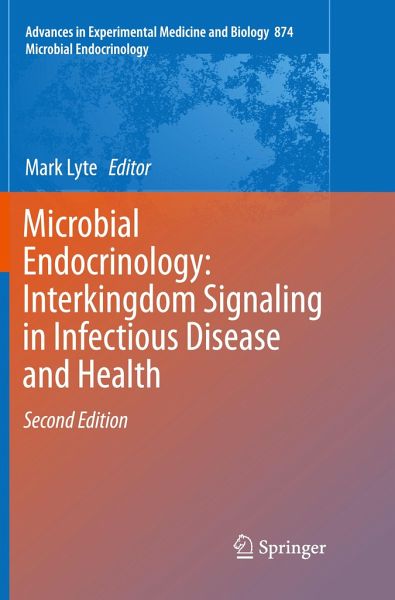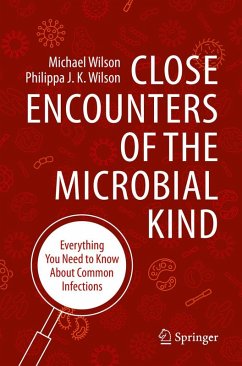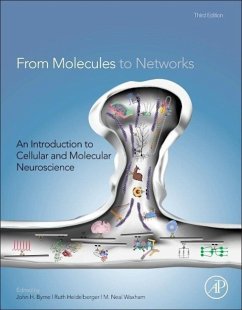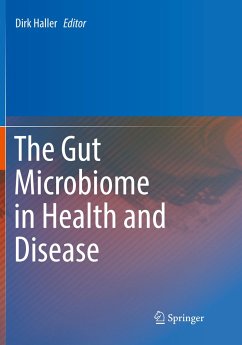
Microbial Endocrinology: Interkingdom Signaling in Infectious Disease and Health
Versandkostenfrei!
Versandfertig in 6-10 Tagen
113,99 €
inkl. MwSt.

PAYBACK Punkte
57 °P sammeln!
This new edition highlights the numerous advances made in the field of microbial endocrinology over the last five years. Prominent among these new topics featured is the emergence of the microbiota-gut-brain axis and the role it plays in brain function. Specific focus is given to the role of microbial endocrinology in the evolutionary symbiosis between man and microbe as it relates to both health and disease. With new chapters on the microbiome and its relation to neurochemicals, this new edition brings this important volume up to date.












